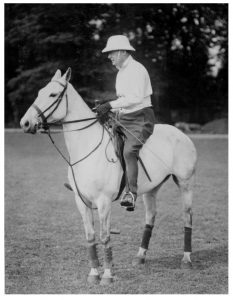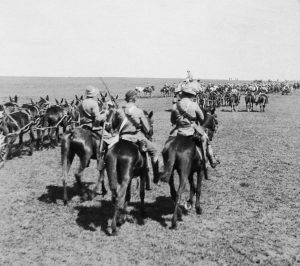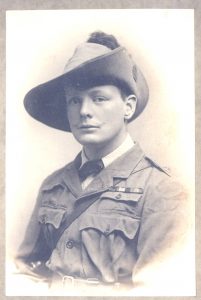
StoryElement
The Rhine Crossing

Winston Churchill, Parliament Square, London © Sue Lowry & Magellan PR
January 1, 1970
Churchill continued to tempt fate, even as the war drew to a close. In March 1945, the Germans were in retreat. By 10 March, the Allies were on the west bank of the Rhine, the traditional border of Germany that no foreign army had crossed in 140 years (since Napoleon on 1805). On 24 March, the Allies started crossing the Rhine under a barrage of two thousand guns. Churchill, never one to miss out on the action, watched the momentous crossing with General Bernard Montgomery – and even had a picnic lunch on the banks of the river. He and Montgomery then crossed the Rhine into enemy territory. They later went to the railway bridge at Wesel, in sunshine, when they came under enemy fire, with shells falling only a few hundred yards away, into the river, and sending up great jets of water. This adventurous expedition was later criticised by Eisenhower – who felt it was far too daring – saying that if he’d been there, he’d never have allowed Churchill to cross the river when it was still so dangerous.
Six weeks later, Montgomery received the unconditional surrender of German forces.
Subscribe
WANT MORE?
Get the Churchill Bulletin delivered to your inbox once a month.




